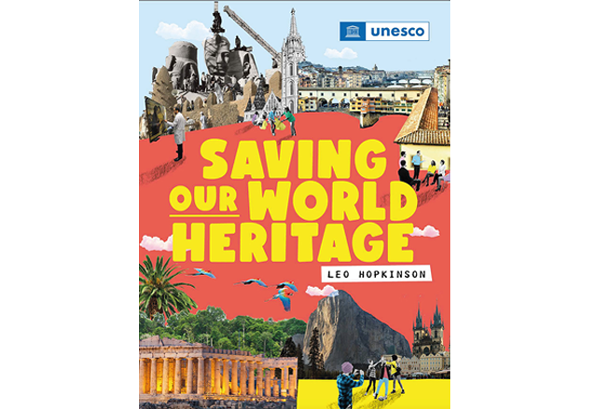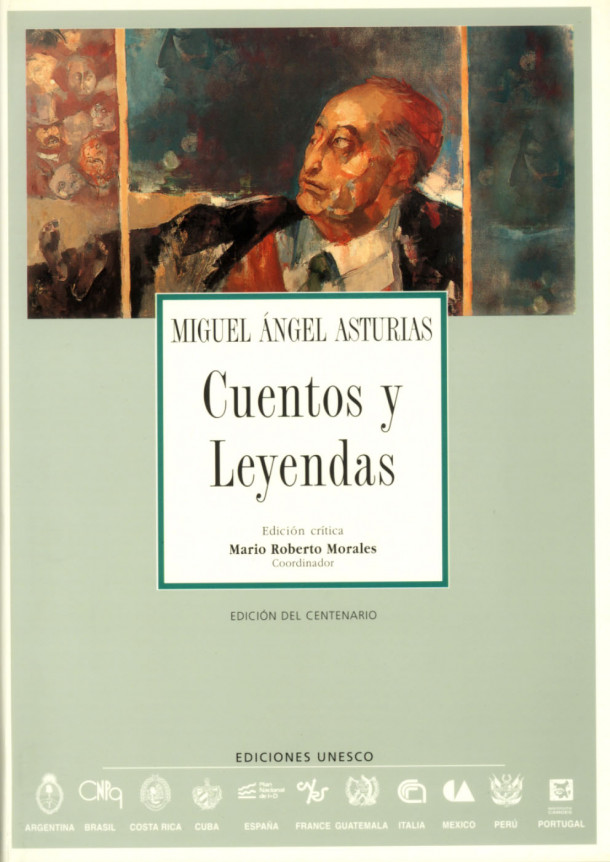
Publications
UNESCO’s publications contribute to accomplishing the Organization’s goals. They are an important means of maintaining, advancing and sharing knowledge, between and across all parts of the world. While some aim to inform the general public, many provide specialists with expert knowledge drawn from UNESCO’s fields of competence. These diverse publications and co-editions, translated into over 70 languages, all serve the common goal of bringing about positive change.
Coffee-table books
Inspiring and strikingly illustrated books for the public at large.
The UNESCO Adventure
UNESCO was born out of a simple conviction: peace and development require stronger foundations than those resulting from political and economic arrangements between states. To better understand and respect each other; to be aware that we all belong to a single human family; to recognize that we share the same planet: those are the greatest challenges.
The history of UNESCO is a journey into projects undertaken to nurture reconciliation and unite people around a common heritage.
This publication tells the story of UNESCO’s endeavors to understand, preserve and convey the best of our shared humanity, so we can join efforts and transform of the world.

Monographs
Key scientific research publications and co-editions with international open access academic publishers.
Managing Transnational UNESCO World Heritage Sites in Africa
Transnational UNESCO World Heritage sites are the ultimate manifestation of international cooperation − an enriching experience of interculturalism and dialogue between peoples. They offer a unique opportunity to explore and exchange effective and sustainable solutions to contemporary issues, such as climate change, migration, integration, conflict and many others.
For the first time, this publication presents the most up-to-date and comprehensive work concerning Transnational UNESCO World Heritage sites in Africa, reflecting the interdisciplinary and forward-looking approaches that have dominated research and conservation methodologies in recent decades.

Children’s books
Attractive formative fiction and non-fiction book for young readers on current and future topics.
Saving our World Heritage
Our world is full of wonders. From historic cities, castles and cathedrals to magnificent mountains, rainforests and oceans, the world’s greatest treasures belong to all humankind. This is our world heritage.
But our heritage is constantly under threat – from natural disasters, wars, climate change, construction, pollution and mass tourism. In this book, co-published with Hachette, we visit over 70 World Heritage Sites in 52 countries. We find out how communities, governments and organisations are working to save this extraordinary inheritance.

Global Reports
General Histories
Periodicals
On the same subject

Archivos: Latin American and Caribbean identity (1988–2003)
- As the world started to discover Latin American literature, the absence of dialogue between the readers and specialists from the different countries in the region was made evident. In October 1988, the first 12 volumes of the Archives of 20th-century Latin American and Caribbean Literature, a collection launched in 1983 with the assistance of UNESCO, were published.
- Over the years, a total of 58 titles were produced, featuring the major works in Spanish, Portuguese and French from some of the best writers in Latin American and the Caribbean, along with critical essays, chronologies and background papers produced by the top specialists at the time. This collection remains unparalleled today.

Creative Cities of Literature
The UNESCO Creative Cities Network (UCCN) was created in 2004 to promote cooperation with and among cities that have identified creativity as a strategic factor for sustainable urban development.
The Network covers seven creative fields: Crafts and Folk Arts, Media Arts, Film, Design, Gastronomy, Literature and Music.
The 246 cities which currently make up this network work together towards a common objective: placing creativity and cultural industries at the heart of their development plans at the local level and cooperating actively at the international level.




